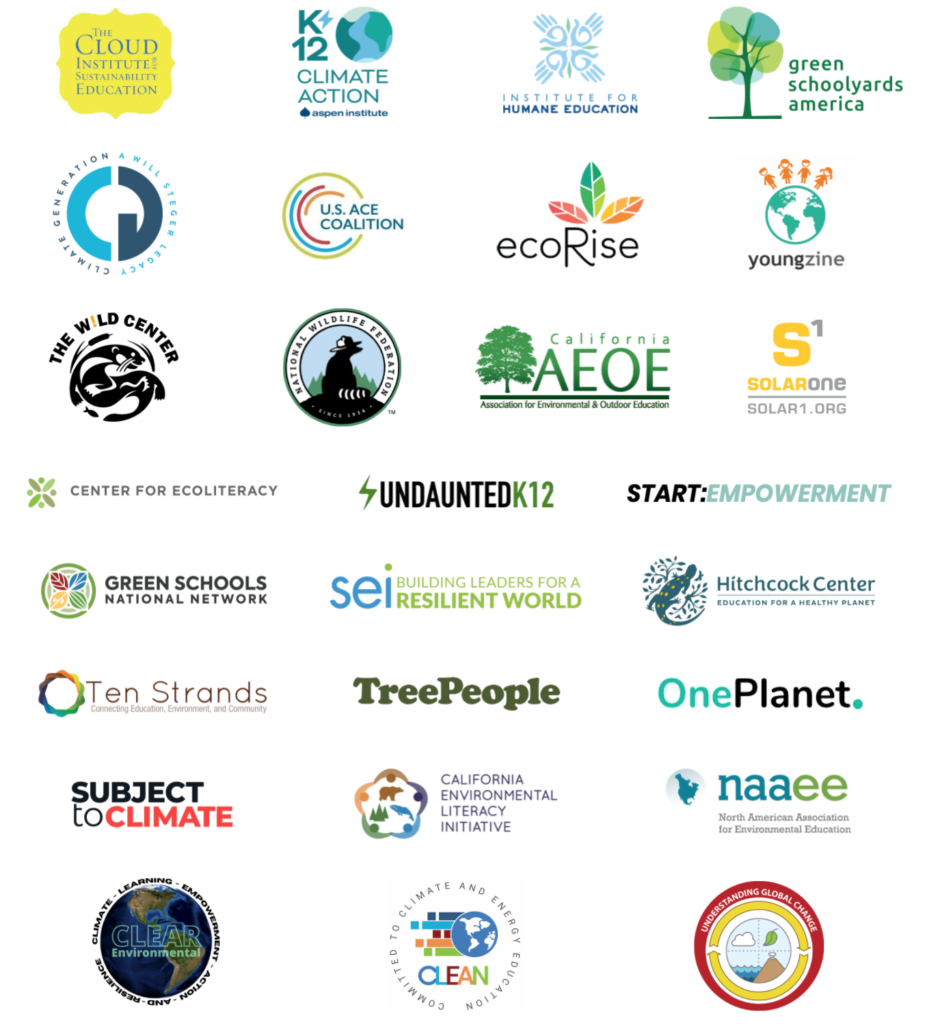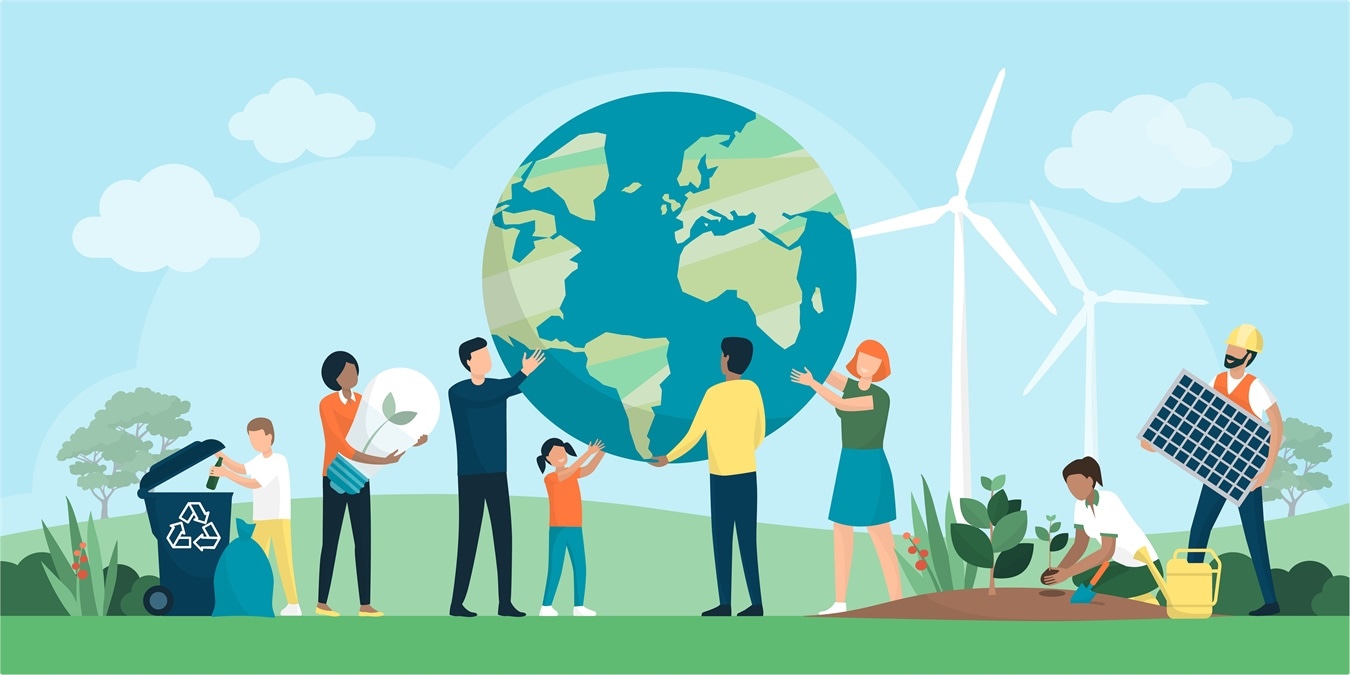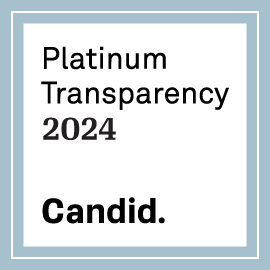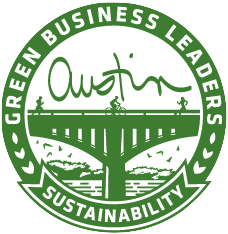EcoRise worked with leaders and organizations within the Sustainable and Climate Resilient Schools Community to create this Collective Action Position Statement published in October 2021. Click here to learn more about the background and purpose behind the statement.
We, educators, are responsible for preparing young people with the knowledge, skills, and habits of mind that will build their capability to thrive over time. It is our role to understand and facilitate learning that equips us all to navigate the unique challenges that define our era — reversing global warming and adapting to climate change; regenerating the integrity of ecosystems; achieving social justice; developing sustainable, just, and humane food systems; revitalizing the health of our ocean1; improving the well-being of people; protecting biodiversity; and accelerating the shift toward a green economy and clean, renewable energy2.
To realize a bold sustainable and resilient paradigm shift for humanity, we need to embed innovative ways of thinking and problem-solving in our K-12 education systems, along with an understanding and appreciation for the wisdom and practices of Indigenous communities who have lived in harmony with the Earth for millennia.
In light of the 26th United Nations Framework Convention on Climate Change (UNFCCC) Conference of Parties (COP26) in Glasgow and the increasing awareness – as a result of the recent Intergovernmental Panel on Climate Change (IPCC) Sixth Assessment Report (AR6) – of the escalating and destructive impacts of global climate change, we seek to situate “education for climate action”3 at the very heart of the K-12 schools in the United States.
What is education for if not to increase our potential to create a sustainable and just future?4 International reports and agreements (i.e. Article 6 of the UNFCCC (1992)5 Article 12 of the Paris Agreement (2015)6, Education for A Sustainable Future, Benchmarks: For Individual and Social Learning (2017)7, and Education for Sustainable Development: A Roadmap (2020)), state that such knowledge needs to be elevated and integrated into all educational efforts. Society is mobilizing to mitigate and adapt to climate change, and schools should be at the center of this effort. This shift will require fundamentally different ways of thinking and acting, in particular emphasizing principles of environmental justice (1991)8 and climate resiliency.
To truly foster a just, sustainable, and resilient future, we must learn how to mitigate global warming and adapt to climate change. Effective paradigm shifts require engaging diverse levers for change, including policies, behaviors, and mindsets. The K-12 education sector has a hand in all three of those levers of change, with the highest amount of leverage on cultural mindset shifts. David Orr, Professor of Environmental Studies at Oberlin College paints a clear picture of the obligation that schools have to mitigate this crisis: “The planetary emergency unfolding around us is, first and foremost a crisis of thought, values, perception, ideas, and judgment. In other words, it is a crisis of mind, which makes it a crisis of those institutions which purport to improve minds.”
It is time for school leaders and their communities to reimagine all aspects of K-12 schooling – campus, curriculum, community, and culture – through a lens of sustainability, equity, health, and climate resiliency. To support this positive transformation, we recommend the following:
- Educational leaders need to see themselves as environmental and climate leaders who are working to foster a sustainable future for the sake of the young people and the world they will both inherit and shape. This includes working with those in sustainability education, environmental and climate justice organizations, youth and families in their communities, and other organizations invested in working towards a sustainable future.
- Climate leaders need to work with K-12 educators to design equitable learning that supports just climate action in and with communities and prepares a generation and a workforce that can respond effectively to climate change.
- A significant funding investment to be dedicated to K-12 schools to support a sustainable and climate-resilient transition with facilities and operations, curriculum and instruction, and overall community and culture.
The climate crisis requires that every human, every country, and every sector (including K-12 Education) take part in creating a just, sustainable, and climate-resilient existence. Our organizations are committed to working with the K-12 education sector to support school communities in this critical endeavor. As leaders in our own organizations and communities, we invite educators and school communities to work together with climate leaders in achieving the recommendations outlined above.
Organizations Supporting This Position on Education for Climate Action

Additional References and Resources
- Education Week Opinion Piece – Nov 2021: School’s Can’t Hide from Climate Change. They Must be Part of the Solution
- The Lancet – September 2021: Young People’s Voices on Climate Anxiety, Government Betrayal and Moral Injury: A Global Phenomenon
- Aspen Institute – September 2021: K12 Climate Action Plan
- U.S. Department of Education – September 2021:Climate Adaptation Plan
- UNICEF Report – August 2021: The Climate Crisis is a Children’s Crisis – The Children’s Climate Risk Index
- August 2021: IPCC Sixth Assessment Report (AR6) for Educational Leaders
- Action for Climate Empowerment – November 2020: ACE National Strategy Framework for the United States
About the K-12 Schools IPCC and COP26 Collective Elevation Project
This collaboration effort is inspired by the August 2021 release of the Intergovernmental Panel on Climate Change’s (IPCCS) Sixth Assessment Report (AR6), which put out an urgent call to those in decision making roles and positions of power in every country and every sector (including K12 education) to take action now. The intention of this project has been to bring leaders in the movement for Sustainable and Climate Resilient Schools together, to come up with strategies for how to collectively elevate the importance of the IPCC’s AR6 Report and the 26th United Nations Climate Change Conference of the Parties (COP26), to K12 educational leaders. To view the full details of this project visit: IPCC & COP26 2021 – Collective Elevation for K-12 Educators Project Overview
Organizations involved in this project include (but are not limited to), organizations that center around: Environmental Literacy, Environmental Sustainability Education (ESE), Education for Sustainability (EfS), Education for Sustainable Development (ESD), Climate Literacy, Climate Action, Solutionary Teaching and Learning, Humane Education, Green Schools, etc. For a list of organizations that have participated in this collaboration between Aug – Oct 2021, visit: IPCC – COP26 Collective Elevation for K-12 Educators: Thought Partner Meetings Contact List.




